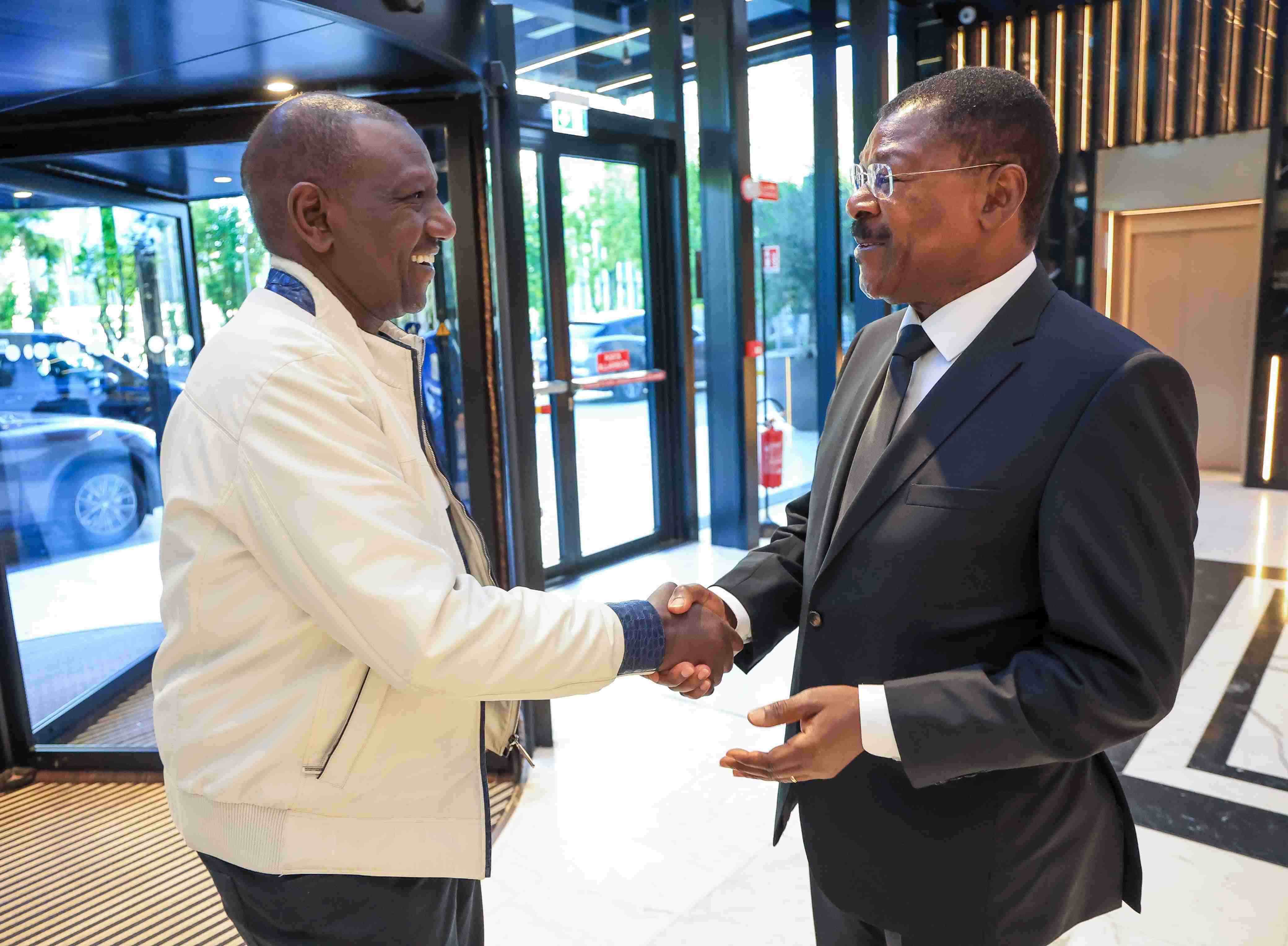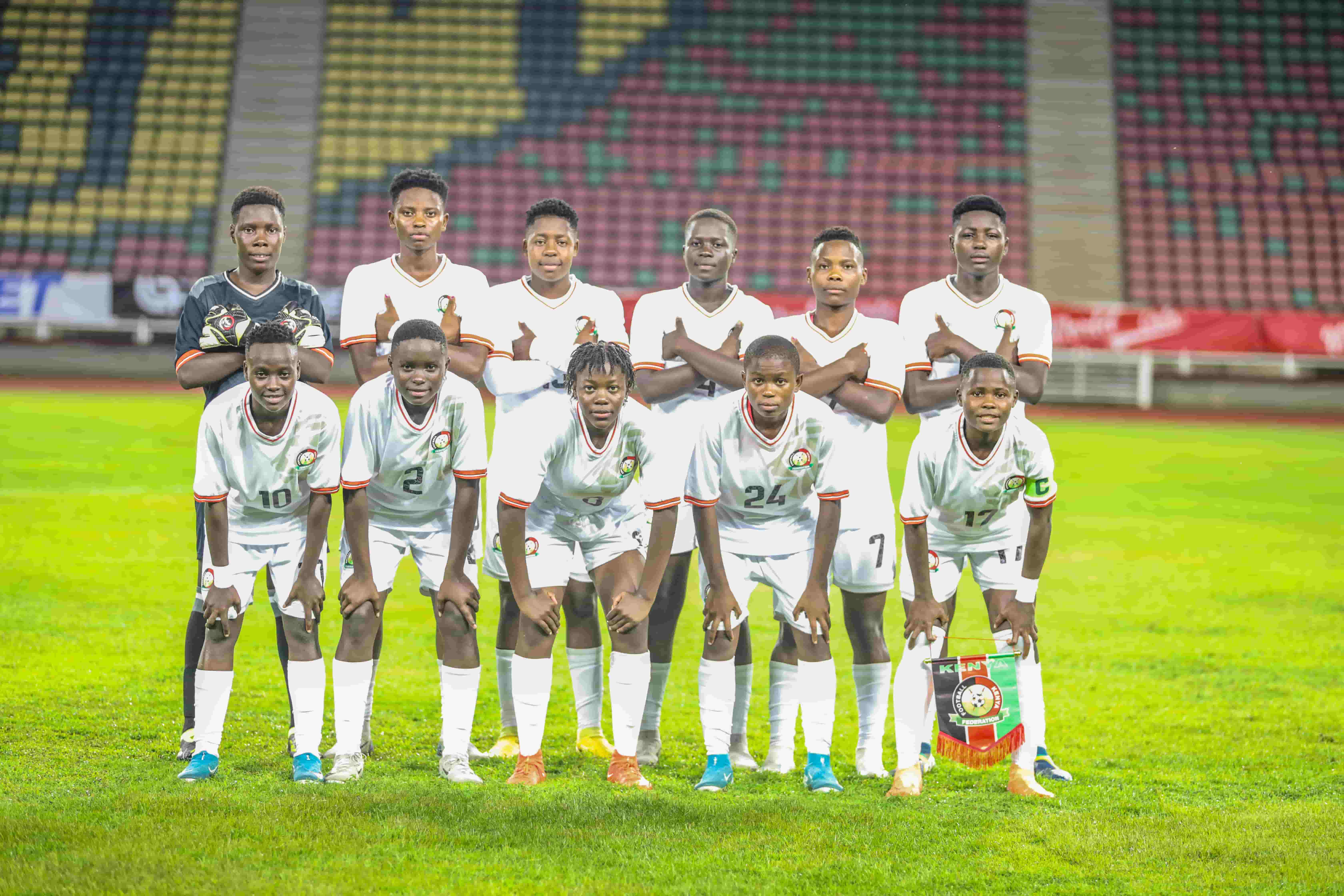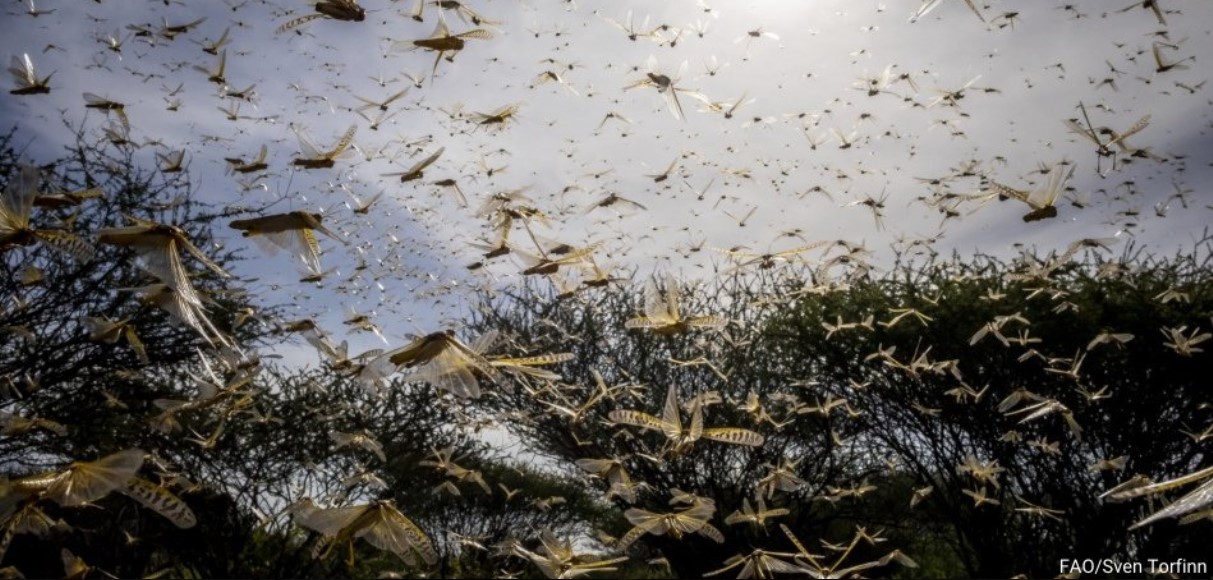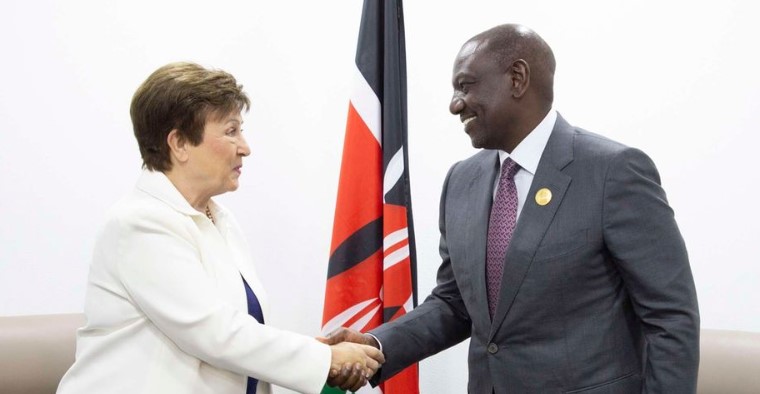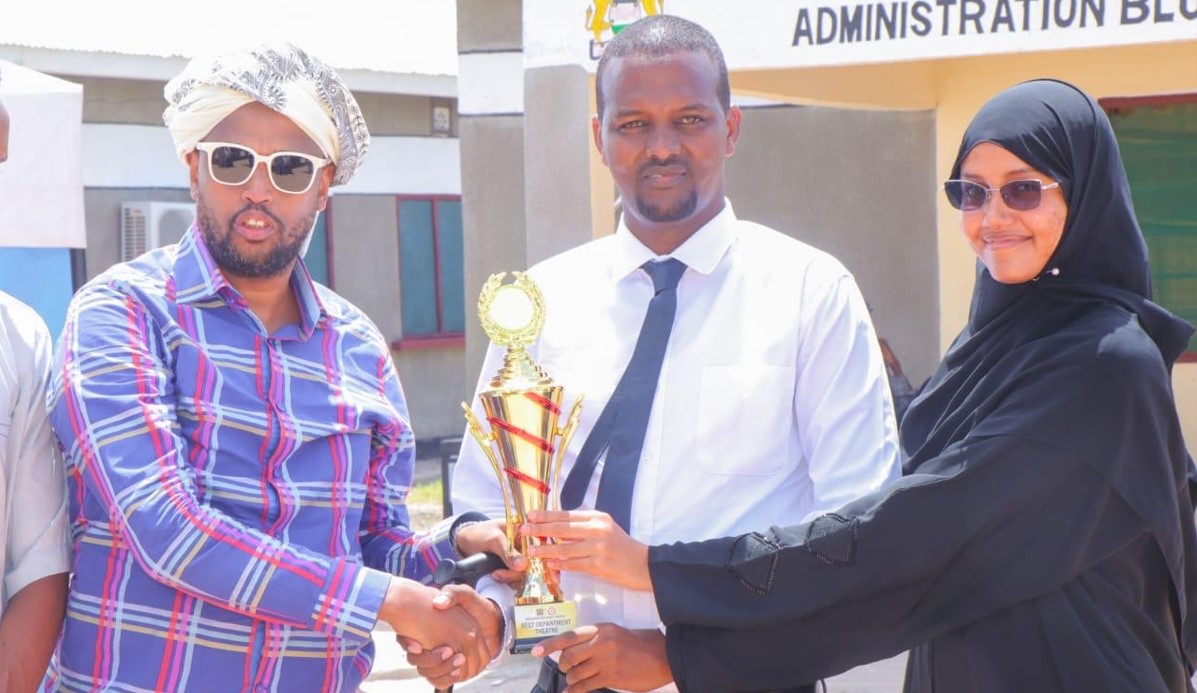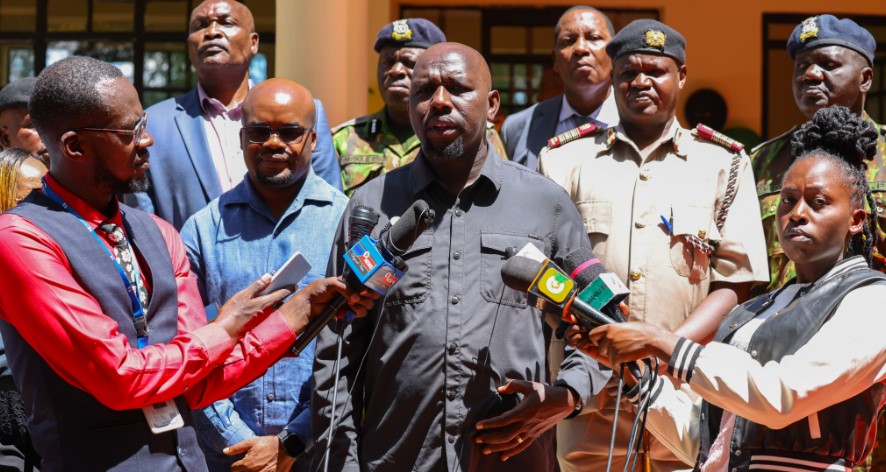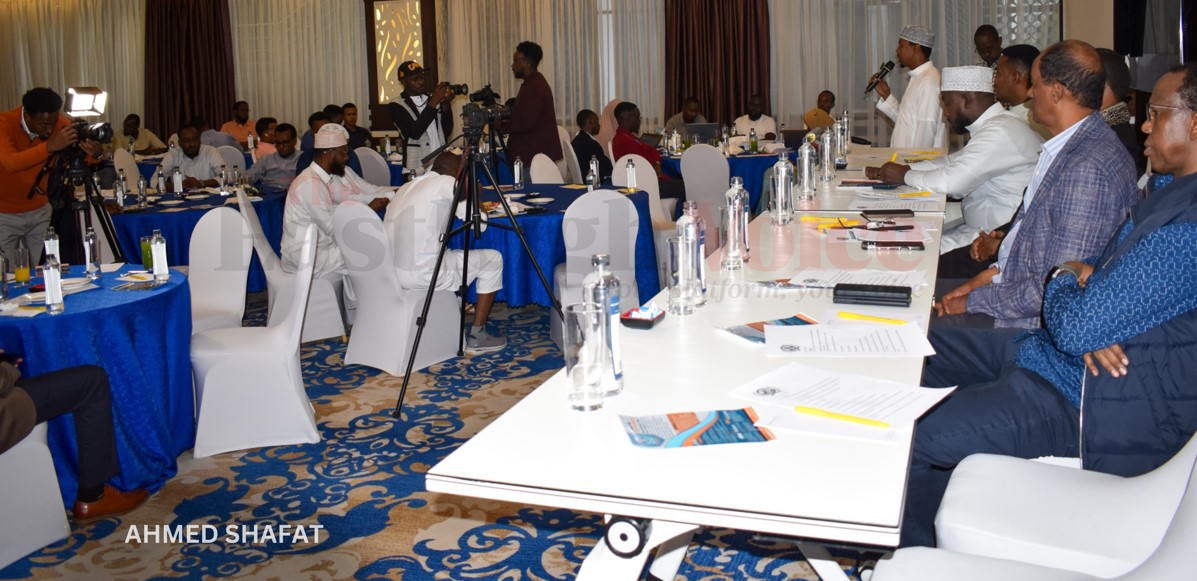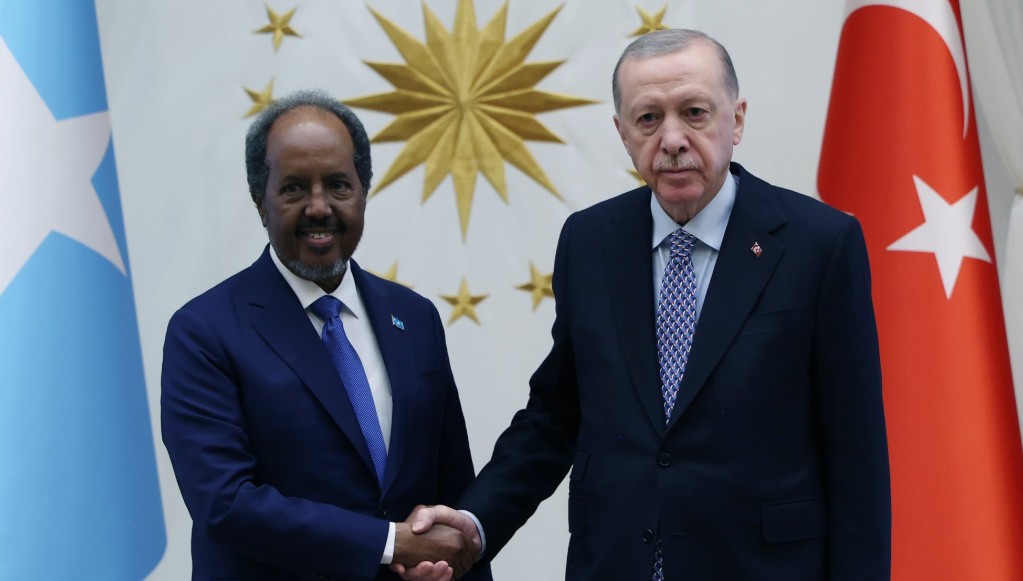Global immunisation campaigns struggle as funding cuts, outbreaks threaten progress
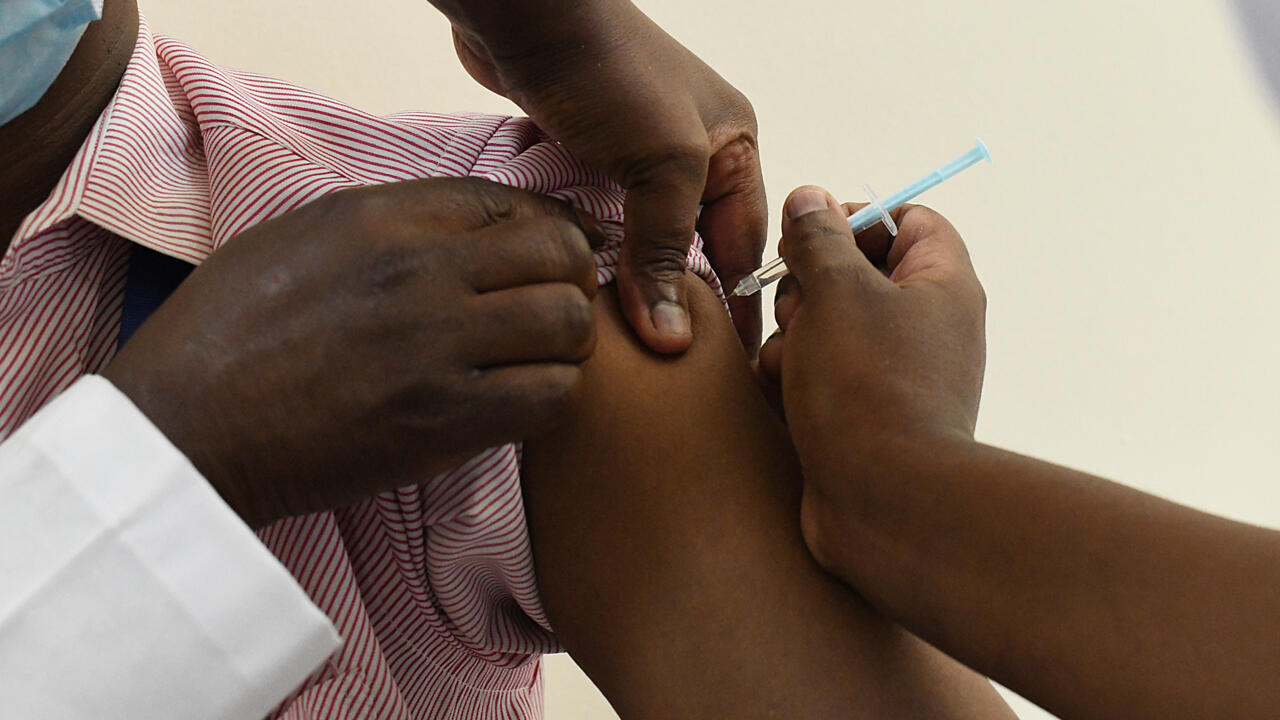
Despite the success of vaccines in saving over 150 million lives over the last five decades, WHO Director-General Dr. Tedros Ghebreyesus warned that funding cuts are jeopardising global health progress.
Immunisation efforts are increasingly under threat as global disease outbreaks continue to rise, with millions of children and vulnerable adults at risk of preventable diseases.
The World Health Organisation (WHO), UNICEF, and Gavi have raised alarms over the growing challenges faced by immunisation campaigns due to misinformation, funding cuts, and humanitarian crises.
These concerns were highlighted as part of World Immunisation Week, which runs from April 24 to April 30, 2025, under the theme “Immunisation for All is Humanly Possible.”
Despite the success of vaccines in saving over 150 million lives over the last five decades, WHO Director-General Dr. Tedros Ghebreyesus warned that funding cuts are jeopardising global health progress.
“Outbreaks of vaccine-preventable diseases are increasing around the world, putting lives at risk and exposing countries to increased costs in treating diseases and responding to outbreaks,” he noted.
Diseases such as measles, meningitis, and yellow fever are making a dangerous comeback, while diseases like diphtheria, which had once been controlled, are at risk of re-emerging.
The number of measles cases is escalating, with 2023 seeing an estimated 10.3 million cases, a 20 per cent rise compared to 2022.
In the past year, 138 countries reported measles cases, with 61 of those nations experiencing large or disruptive outbreaks, the highest since 2019.
The situation is similarly dire in Africa, where meningitis and yellow fever cases are climbing. In 2024, meningitis cases increased sharply, with over 5,500 suspected cases and nearly 300 deaths in the first three months of 2025 alone.
The rising outbreaks have put additional pressure on countries with strained healthcare systems, and the WHO has warned that the global immunisation effort is being hindered by severe disruptions.
A WHO stocktake involving 108 country offices found that nearly half of these countries, particularly those in low-income regions, are facing moderate to severe disruptions in vaccination campaigns.
This is exacerbated by the increasing number of children missing their routine vaccinations. In 2023, 14.5 million children missed vaccinations, a rise from the previous year.
The situation is most critical in conflict zones, where access to vaccines is often blocked by instability. Over half of the children missing their vaccines live in countries experiencing conflict, where basic health services are frequently interrupted.
UNICEF Executive Director Catherine Russell emphasised that the global funding crisis is undermining efforts to vaccinate millions of children, particularly those in fragile regions. She stressed that disruptions to immunisation services, disease surveillance, and outbreak response have reached levels similar to those seen during the COVID-19 pandemic.
In response to these growing challenges, the WHO, UNICEF, and Gavi are urging governments to make immunisation a priority and to increase investment in vaccines.
Dr. Sania Nishtar, CEO of Gavi, noted that the global rise in outbreaks poses a serious concern for global health. She said that without adequate funding, vital immunisation activities will be at risk, particularly in countries facing the highest burdens of meningitis, yellow fever, and measles.
Gavi’s upcoming pledging summit in June 2025 seeks to raise at least $9 billion (Sh1.16 trillion) from donors to support its immunisation efforts.
This funding will be crucial to protect 500 million children and save millions of lives from preventable diseases.
Dr. Nishtar pointed out that immunisation is one of the most cost-effective public health investments, with a return of $54 (Sh6,993) for every dollar invested.
In recent years, there has been notable progress in immunisation, especially in the African region, where HPV vaccine coverage nearly doubled between 2020 and 2023.
Additionally, the introduction of malaria vaccines in 20 African countries and the expansion of pneumococcal conjugate vaccines in Southeast Asia are helping to reduce the global burden of disease.
WHO, UNICEF, and Gavi have called on all stakeholders, governments, the public, and donors to commit to strengthening immunisation systems and ensuring that vaccines reach those who need them the most.
As the world faces increasing health challenges, securing universal access to vaccines is essential to protecting future generations.
Top Stories Today




